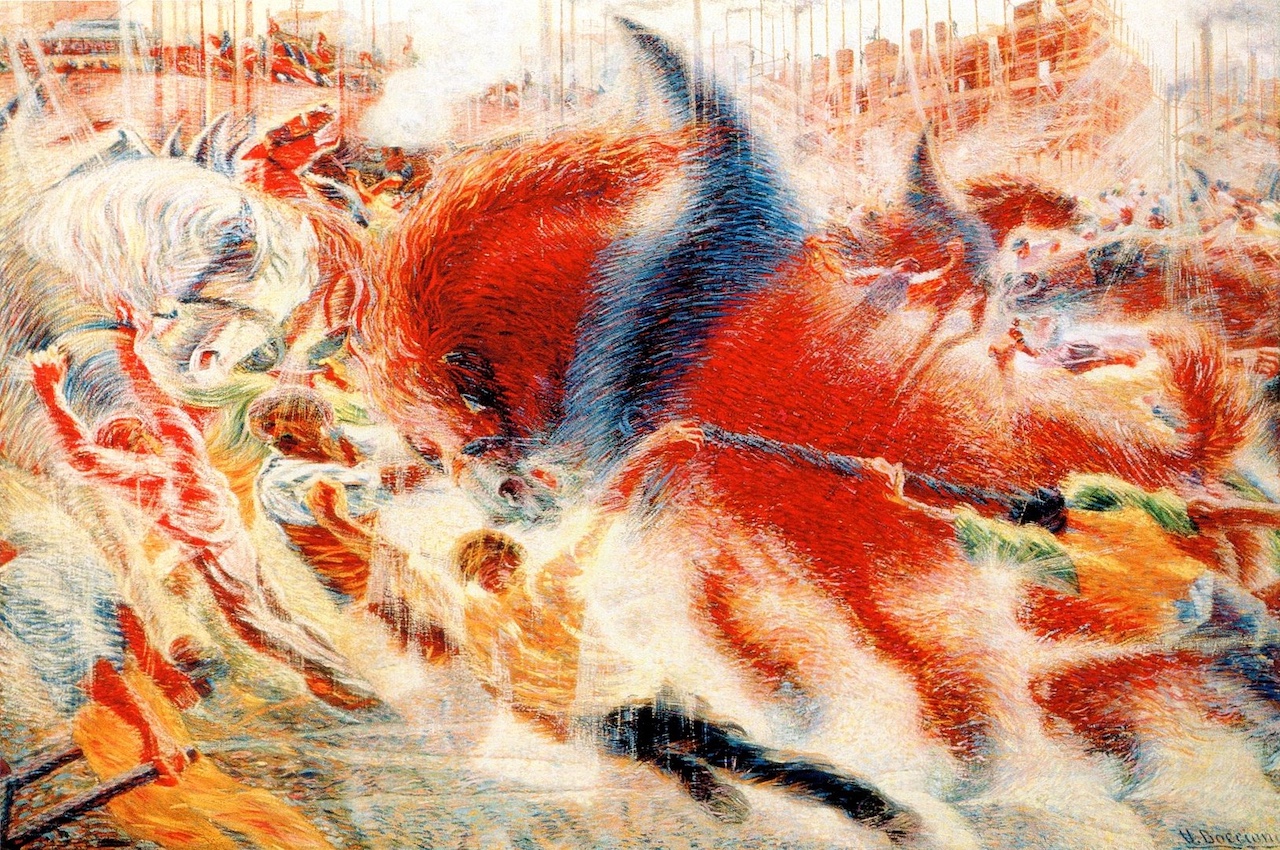A few weeks ago, a Spanish YouTuber—illuminated by the glow of a ring of light that Plato would have loved in his cave—came out with the quote of the year: “You’re not better because you like to read, you have to get over it.” And of course, the country was shaken. The intellectuals on duty rose from their Chesterfield armchairs with books in hand (what a coincidence, they were on page 432 of an essay by Foucault) and rushed to write indignant columns.
The scene was worthy of an opera: on one side, the guardians of Culture, armed with leather-bound classics, defending reading as one would defend the walls of Troy. On the other, the influencer, carefree, with millions of followers and a simple message: reading does not make you a good person. And between the two sides, an entire country divided: some waving Don Quixote as a weapon, others tweeting motivational quotes from Paulo Coelho without ever having opened the book.
Now, it is worth qualifying this. The YouTuber, although she apparently came to blow up libraries, was not entirely wrong. History reminds us that Hitler owned more books than a book club, Mussolini translated Nietzsche, and Pol Pot did not exactly spend his time reading self-help manuals. Reading a lot does not immunize you against moral misery: if anything, it makes it more sophisticated.
But neither should we glorify ignorance as if it were a new youth movement. Boasting about not reading in front of millions is like proudly announcing that you never brush your teeth: it may be authentic, yes, but it’s not very advisable either. “If you don’t read, nothing happens; if you read, a lot happens,” they say on social media that Gandhi said. For Borges, “reading is one of the forms of happiness, and you can’t impose happiness on anyone.” Reading does not guarantee goodness, but it does provide tools: critical thinking, words to defend yourself with and, incidentally, an excuse not to answer WhatsApp messages during your siesta.
The paradox is delightful: those who read get angry when someone says that reading does not save you, and those who do not read feel free from all moral suspicion because they live without books. And while some write thoughtful articles entitled “Without books there is no civilization,” others accumulate ‘likes’ saying “life is too short to read Proust.”
Perhaps the problem is not reading or not reading, but what we do with it. Because the truth is that without reading there is no science or progress (goodbye to vaccines, hello to pseudo-therapies), but neither does it guarantee fair societies (just look at the centuries of highly educated scholars who had no qualms about colonizing half the planet). Books are not salvation, but they are a tool. Like a hammer: you can hang a picture or threaten an idiot with using it against him.
In short, all this fuss over a YouTube phrase, and in the end, everyone is a little bit right. Books don’t make us saints, but without them we would be easy prey to manipulation and lies. Perhaps true wisdom lies in not turning either reading or ignorance into dogma.
The sad thing is that the debate is no longer about books, but about likes. In a world that needs more memory than memes, controversy serves only as entertainment: yet another excuse for some to express their outrage in newspaper articles and others to rack up views on TikTok. And in the meantime, we remain caught between Shakespeare and Instagram filters, between Nietzsche and tutorials on “how to make the perfect omelet in three steps.”
So, if we really have to choose between reading Proust or watching cat reels, we already know which will win. Because in the end, the only reading that unites all sides is the subtitle: “Recommended video for you.”
Image: La città che sale (1910), by Umberto Boccioni.




